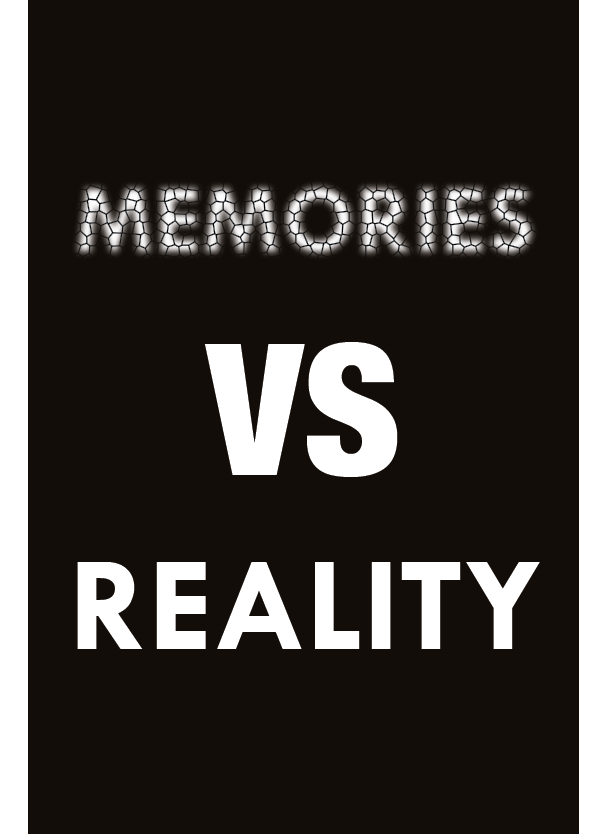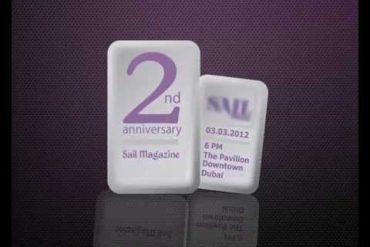Article in brief: Have you ever been in a situation where you remember something that did not actually occur? False Memories; what are they and how do they form?

Memory is the main pillar of the mind and one of the brain’s most important capabilities that enables the brain to store and retrieve information. Although our memories seem to always be stable and solid, our brains sometimes tend to make us remember things that never happened or even change important details in things that did happen. Those fabricated memories are called ‘False Memories’.
There are many factors that contribute in the formation of those false memories. Inaccurate perception, inference, misinformation, misattribution, and emotions are the five main mechanisms behind how false memories form.
Inaccurate perception plays a very big role in the creation of false memories. Sometimes, as human beings, we might miss seeing things that happen in front of us. For example, a person might be walking down the street and witness a theft without having a clear view of everything that has happened. Since the person did not have a strong observation of the incident, his brain would start filling in the missing parts with false information and memories that did not occur.
The second mechanism behind the formation of false memories is inference. Inference occurs when old memories and information compete and interfere with new ones. For instance, a mountain collapsed while you were visiting your home country and you feel like you remember every single detail of the collapse very clearly. But actually many of the memories you have about the collapse are not true because they weren’t really seen by you but were influenced by the media coverage and the stories you heard after the incident.
Thirdly, there is misinformation. Misinformation occurs when incorrect information gets mixed with accurate ones which falsify our memories about a certain event. A person who is given misleading information is more likely to develop false memories than a person who is given straight forward ones.
Also, misattribution is a leading factor in this case. Misattribution is when someone mistakes and mixes up details from one story with details of another. Like when you are trying to tell your friend about your life in your junior college year, but you mistakenly tell them about things that happened in your freshman year. Misattribution may include you mistaking some information for another, combining different events from different incidents, and maybe even recalling something you may have imagined from long time ago.
Last but not least, one of the most important and influential mechanisms that help in the formation of false memories are emotions. When in an argument, for example, emotions may get very strong making some experiences very stably unforgettable. People tend to think they remember events that are related to strong emotions when actually they just remember the overall picture without the details. Mostly, the memories formed by emotions result in the exaggeration of playing the role of the victim which usually makes the person feel ‘better’ about themselves and less guilty.
Now that you read this article, are you sure all the memories you have are really true?
—————
References:
- Brainerd, C. J., Reyna, V. F., & Ceci, S. J. (2008). Developmental reversals in false memory: A review of data and theory. Psychological Bulletin, 134(3), 343-382.
- Brainerd, C. J., & Reyna, V. F. (2005). The science of false memory. New York: Oxford University Press.
- Brainerd, C. J., Stein, L. M., Silveira, R. A., Rohenkohl, G., & Reyna, V. F. (2008). How does negative emotion cause false memories? Psychological Science, 19(9), 919-925. doi: 10.1111/j.1467-9280.2008.02177.x.
- Dingfelder, S. F. (2005). Feelings’ sway over memory. Monitor on Psychology, 36(8), 54.
- Loftus, E.F. & Pickrell, J.E. (1995) The formation of false memories. Psychiatric Annals, 25, 720-725.




Very interesting topic that I've thought about many times before. Thank you for giving me a clear idea about it. Wish you all the best dear.
Amazing article, thank you for it, Salma.